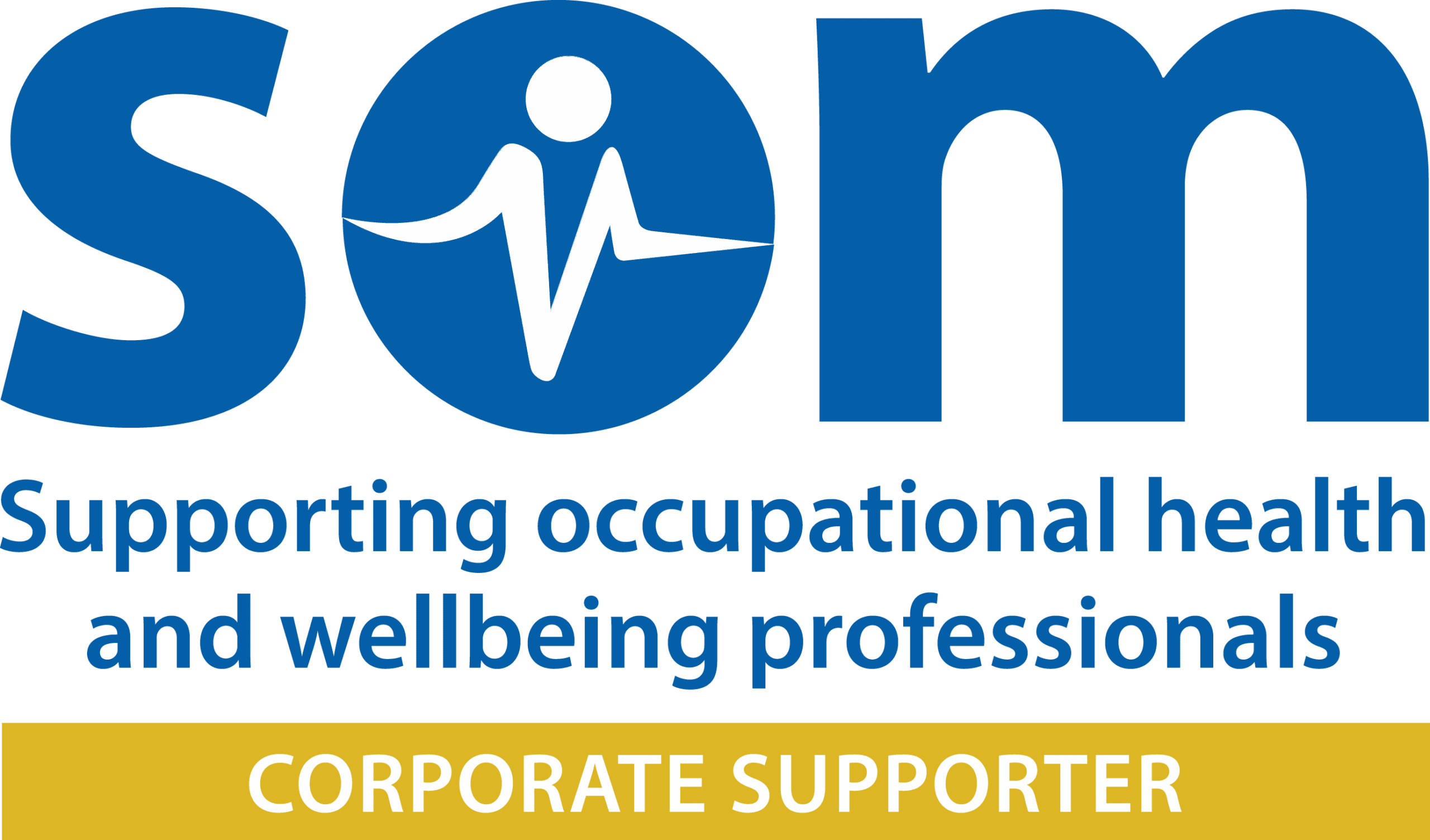In recent years, conversations around neurodiversity have become more open and accepted, with more workplaces recognising the value of diverse minds and ways of thinking. Yet for many people who are neurodivergent, deciding whether or not to share this information with their employer can still be a deeply personal and often difficult choice.
Understanding Neurodiversity
Neurodiversity refers to the natural differences in how people think, learn, and process information. It includes conditions such as autism, ADHD, dyslexia, dyspraxia, and Tourette’s syndrome, among others. Neurodivergent individuals bring unique strengths — creativity, focus, problem-solving skills — that can be huge assets in the workplace.
However, traditional work environments aren’t always designed with neurodiversity in mind, which can create challenges without the right awareness or support in place.
How to know if I should disclose my Neurodiveristy?
There’s no legal requirement to disclose a neurodivergent condition to your employer — it’s entirely up to you. Some people choose to share this information early on, while others prefer to wait until they feel comfortable or until specific support is needed.
Ask yourself:
- Will disclosure help me access adjustments or support that would make work easier?
- Do I feel safe and supported in this workplace environment?
- Am I comfortable discussing my diagnosis or needs with my manager or HR?
If you decide to disclose, you don’t need to share every detail of your diagnosis — focus on what adjustments or understanding would help you perform at your best.
Benefits of opening up about neurodiversity
When employers are aware of an employee’s neurodivergence, it opens the door to reasonable adjustments under the Equality Act 2010. These can include flexible working hours, noise-reducing equipment, written instructions, or quiet spaces for focus.
In many cases, disclosure can lead to:
- Better understanding between you and your employer
- Improved communication and realistic expectations
- A more inclusive environment for everyone
Employers who value diversity and inclusion are often eager to learn and adapt — being open can help foster a culture of acceptance and growth.
What to do if you are unsure about your neurodiversity?
If you’re unsure whether to disclose, you don’t have to decide right away. You might start by speaking confidentially with Occupational Health or HR. They can help you understand what support is available, and how your information would be used and protected.
Choosing whether to tell your employer that you’re neurodivergent is a personal decision — and there’s no right or wrong answer. What matters most is that you feel comfortable, respected, and able to do your best work.
If you’d like confidential advice or guidance, our team is here to help.
📞 Contact us today to learn more about how we can support you and your workplace.





